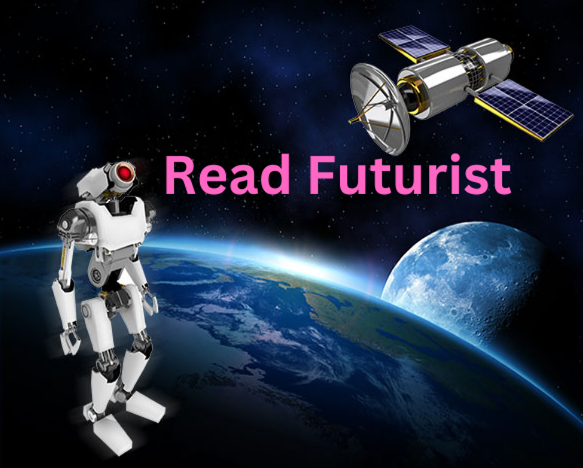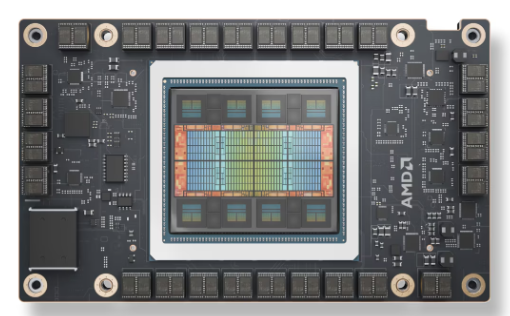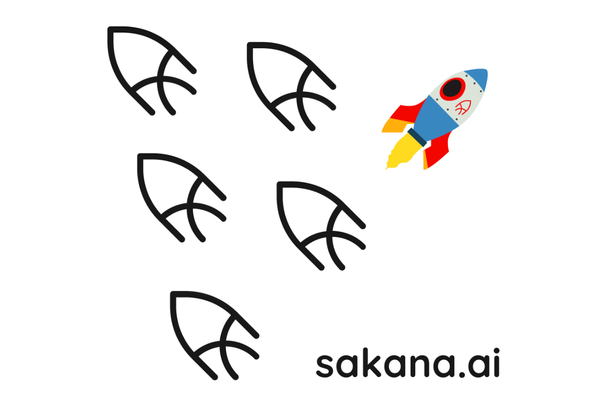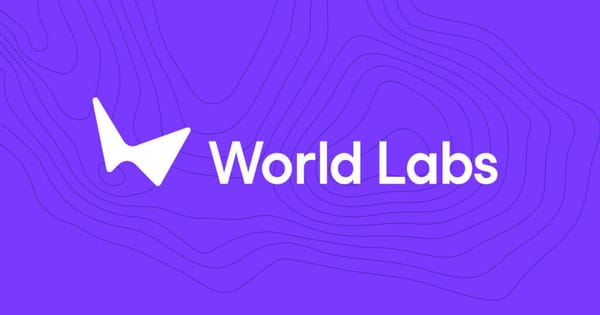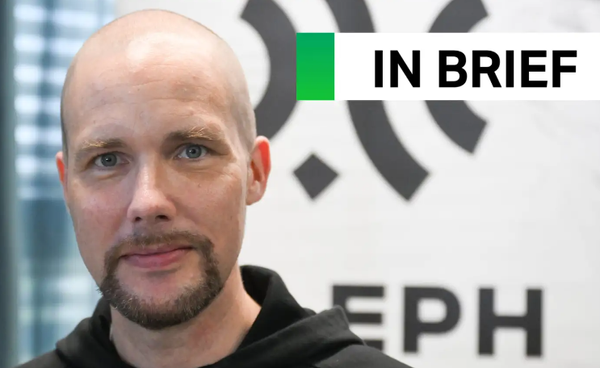Amazon acquires Covariant and their top Talent
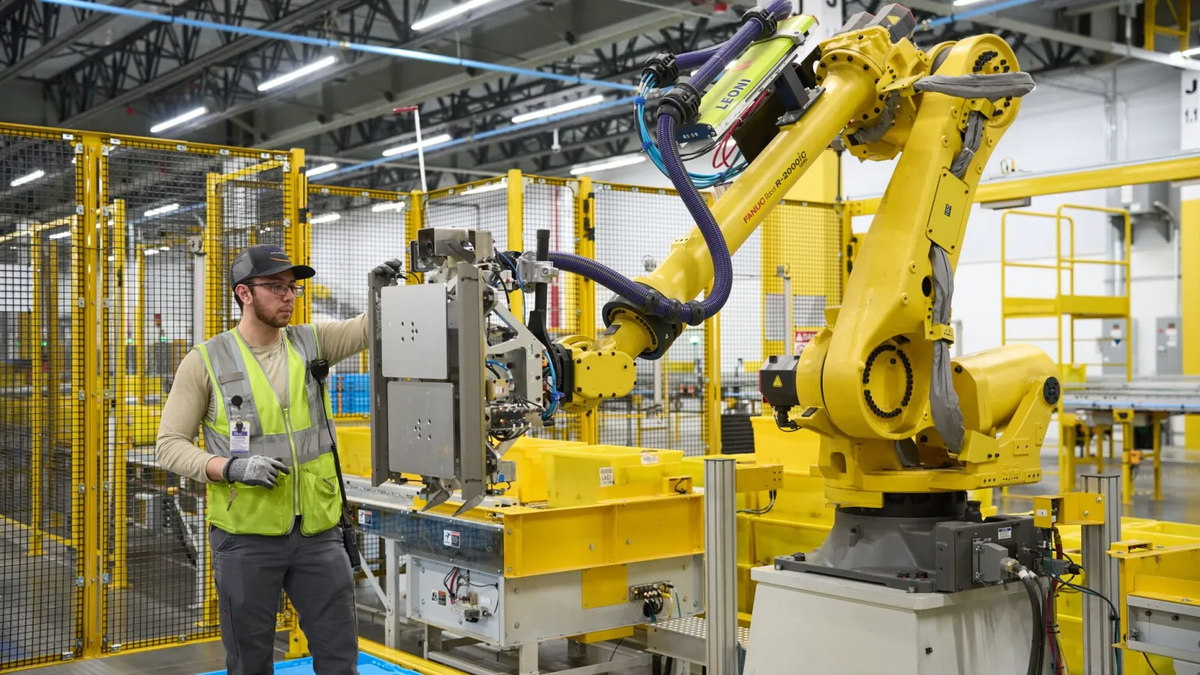
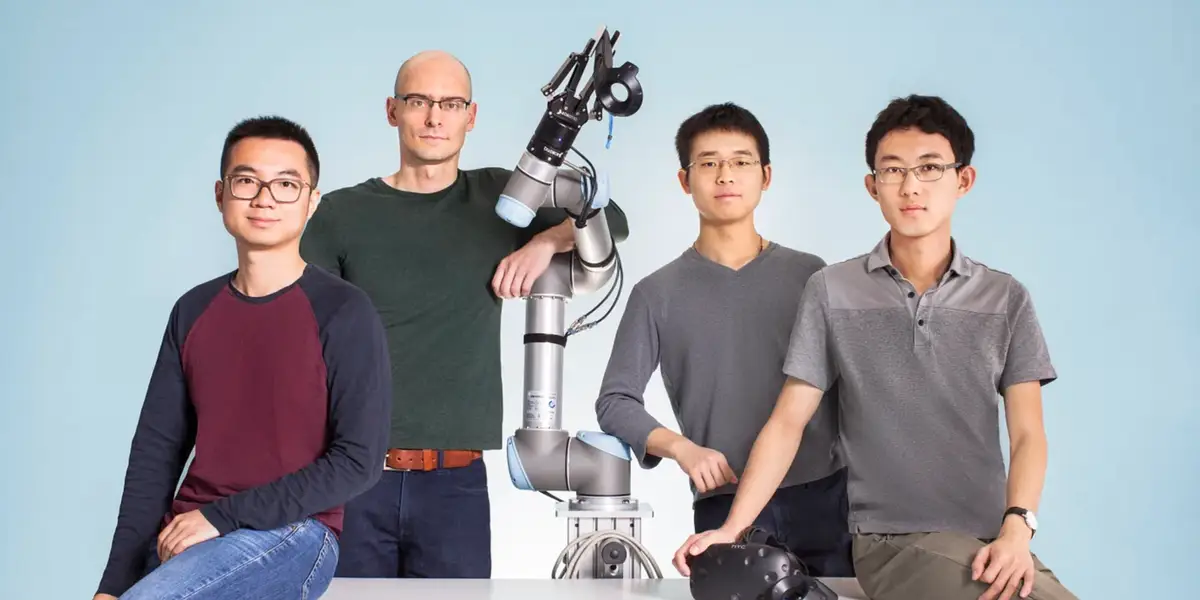
Hey Everyone,
So there aren't many places for great robotics news, maybe here and here. A story that I think was really undercovered recently is how Amazon acquired Covariant. This was by far one of the most promising AI first robotics startups out of California that I had been tracking. They had really great Academic pedigree.
Amazon that pilots a ton of robotic startups and their products made a really big move here last friday. Read Amazon's blog.
Amazon is hiring Pieter Abbeel, Peter Chen, and Rocky Duan and licensing Covariant’s robotic foundation models to advance the state-of-the-art in intelligent and safe robots.
The new version of acquisitions of Generative AI related startups is where they license the model, claim it's non-exclusive and go on to take their best talent - legally it really is an acquisition. They include in this package “about a quarter” of the startup’s employees. It’s also signed a non-exclusive license to use Covariant’s robotic foundation models.
While Amazon doesn't currently have an in-house humanoid as far as I'm aware, what they do have is a long history of driving innovation in supply chain, logistics, and warehouse automation including testing and piloting a ton of robotics startups and their robots in-house.
People with knowledge of the matter earlier said that Amazon was purchasing the company, yeah no kidding! These 'reverse acquihires' are a complete sham by the way. In my estimate Amazon easily paid $1 Billion for this startup even though their valuation was just a little more than half that.
Amazon has been among the leaders in warehouse automation since its 2012 acquisition of Kiva Systems. At the time, this was Amazon's second-largest acquisition in its history. Amazon is under antitrust scrutiny so it's really fascinating they did this now.
The IP and models behind what Covariant was doing was just too potentially valuable to Amazon. Covariant building “a large language model, but for robot language.” In other words, it’s creating AI models for robots, with an initial focus on robotic arms performing common warehouse tasks like bin picking. This sort of thing is useful as Amazon looks to automate more of its warehouse business with a wide variety of both in-house robotics and pilots with robotics startups. It's crazy that Covariant hasn't even mentioned this move in social media.
Amazon's lineup of robots today include Amazon systems like Robin, Proteus, and Sequoia that all make use of AI to understand the physical world and go about tasks safely and reliably as they work alongside our operations teams. Amazon is slowly understanding what kinds of robots work the best for their repetitive tasks. Naturally the team will join Amazon’s Fulfilment Technologies & Robotics Team to help drive the development and implementation of Covariant’s technology within Amazon’s operations and continue to develop innovative AI solutions.
This Acquisition Accelerates Generative AI merging with Robotics
The reason this is such a big deal is because Covariant is a Bay Area-based company that builds advanced AI models that enable robots to see, reason, and act on the world around them, supporting a number of different warehouse automation tasks.
Technically these reverse acquihires approach allows Amazon to gain access to Covariant's talent and technology without fully acquiring the company, which can help avoid potential antitrust scrutiny. Though if they have access to their IP and top talent, I don't see the difference. It is what it is. Even the PR on this important deal was weak and downplayed how significant it is.
“With some of the smartest minds, we will advance fundamental research, marrying our rich expertise to unlock new ways for AI and robots to assist our operations employees,” said Joseph Quinlivan, Vice President of Amazon Fulfillment Technologies & Robotics, in a statement.
But if you know robotics like I do and how Generative AI is being merged with it, you know how big of a deal this is for Amazon. Covariant was making headway, with customers that include online retailer Otto Group, logistics firm Radial and pharmaceutical distributor McKesson Corp., which use the company’s software in warehouses, according to its website. They were building the software for a robotic brain for tasks.
This is not unlike Microsoft's takeover of Github. Despite the integration with Amazon, Covariant will continue to operate independently under new leadership. Ted Stinson will step into the CEO role, and the company remains committed to deploying its AI solutions across various industries such as apparel, health and beauty, grocery, and pharmaceuticals. It's a really good exit for these founders from Berkeley.

Covariant could have been a great company. But now we'll never know.
Instead they will join this:

The cofounders of Covariant will have happy-hours with Amazon Digit before in a year or two quietly leaving Amazon, that's the way these stories go. A lot of academics are cashing out in this way during the Generative AI craze. A shell of the company will continue, but that's mostly for legal reasons. Just like in Microsoft's reverse acqui-hire of Inflection they point out that the licensing deal is non-exclusive.
It wasn't' so long ago in April, 2024 that they had raised more money. So the COO becomes the new CEO.
The Covariant Brain is now part of Amazon. Many don't realize it but these are part of the OpenAI mafia. The three co-founders — former OpenAI researchers Peter Chen, Pieter Abbeel, and Rocky Duan all worked at OpenAI before. How to make a quick buck, sell your warehouse automation company to Amazon.

It's a fairly Berkley thing to do. This would be like if Figure was acquired by OpenAI. Warehouse automation has a huge niche in E-commerce settings. Humanoid general purpose robots, not so much.
Covariant had created real-world value. In less than two years, Covariant's product portfolio has grown to include order sortation, item induction, good-to-person order picking, kitting, and depalletization solutions – all powered by a unified AI platform. By leveraging the first foundation model for robotics, retailers, 3PLs, and warehouse integration providers are able to leverage the same AI platform to power a variety of robotic systems regardless of use case, facility type, or location. Now all of this IP belongs to Amazon.
What verticals were they thinking about? The company added that it remains “dedicated to delivering the Covariant Brain into production environments across a broad set of global industries, including apparel, health and beauty, grocery, and pharmaceuticals.”
Good luck doing that with the top 25% of your talent missing, including the key figures.
